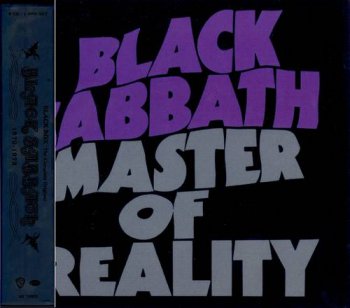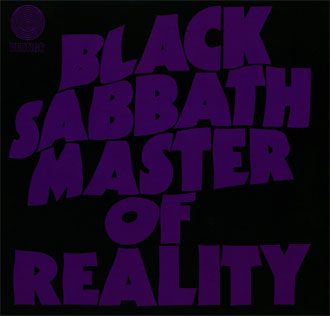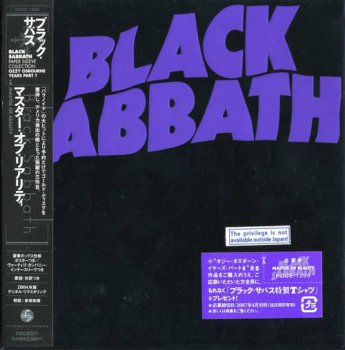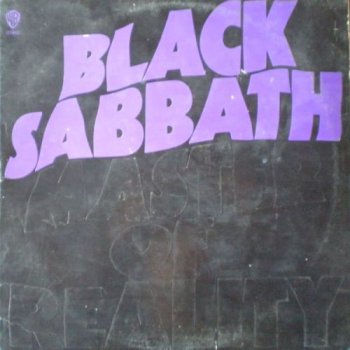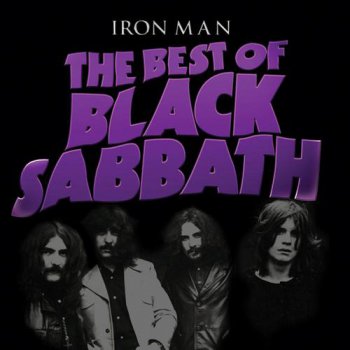Little Richard - Right Now! (Remastered) (2025) 1973
Исполнитель: Little Richard Альбом: Right Now! (Remastered) Жанр: Rock & Roll, Rhythm & Blues Год: (2025) 1973 Страна: USA Лейбл: Good Time Records Формат: FLAC (tracks) Official DR value: DR10 Разрядность: 24bit / 96kHz Stereo Размер: 739 MB Инфо: wiki Залито на: XFile (3% восстановление) «Exclusive for Lossless-Galaxy» Newly restored and remastered! Right Now! is a studio album by Little Richard, released in 1974. It was released without much publicity on the United Records label.
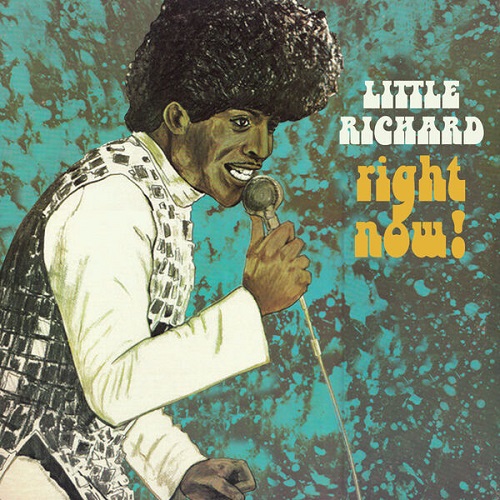
Little Richard - Right Now! (Remastered) (2025) 1973
Исполнитель: Little Richard Альбом: Right Now! (Remastered) Жанр: Rock & Roll, Rhythm & Blues Год: (2025) 1973 Страна: USA Лейбл: Good Time Records Формат: FLAC (tracks) Official DR value: DR10 Разрядность: 24bit / 96kHz Stereo Размер: 739 MB Инфо: wiki Залито на: XFile (3% восстановление) «Exclusive for Lossless-Galaxy» Newly restored and remastered! Right Now! is a studio album by Little Richard, released in 1974. It was released without much publicity on the United Records label.
03 10, 2025
Michael Schenker Group - Don't Sell Your Soul 2025
Исполнитель: Michael Schenker Group Альбом: Don't Sell Your Soul Жанр: Hard Rock, Heavy Metal Год: 2025 Страна: UK (London) Лейбл: earMUSIC Формат: FLAC (tracks) Official DR value: DR6 Разрядность: 24bit / 48kHz Stereo Размер: 577 MB Инфо: wiki Залито на: XFile (3% восстановление) «Exclusive for Lossless-Galaxy» "Don't Sell Your Soul" is the second part of a trilogy that was recorded in one piece. The first album "My Years with UFO" was followed by a sold-out tour and
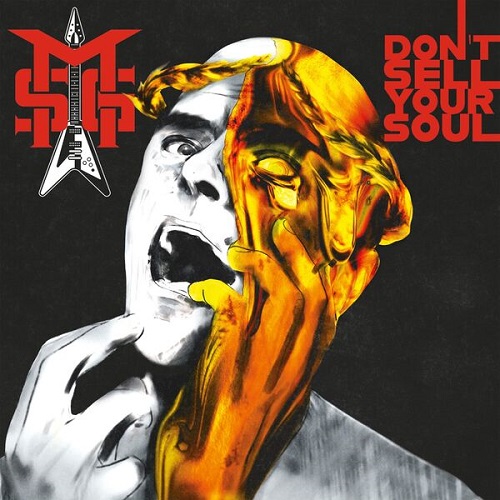
Michael Schenker Group - Don't Sell Your Soul 2025
Исполнитель: Michael Schenker Group Альбом: Don't Sell Your Soul Жанр: Hard Rock, Heavy Metal Год: 2025 Страна: UK (London) Лейбл: earMUSIC Формат: FLAC (tracks) Official DR value: DR6 Разрядность: 24bit / 48kHz Stereo Размер: 577 MB Инфо: wiki Залито на: XFile (3% восстановление) «Exclusive for Lossless-Galaxy» "Don't Sell Your Soul" is the second part of a trilogy that was recorded in one piece. The first album "My Years with UFO" was followed by a sold-out tour and
03 10, 2025
Bee Gees - 10 Albums Mini LP CD Warner Music Japan 2013 / 2 × 2CD Box Sets Compilations 2001/2003
Lossless Galaxy Release Bee Gees 10 Albums Mini LP CD Warner Music Japan 2013 2 x 2CD Box Sets Compilations Performer: Bee Gees Albums: 1967 1st ● 1968 Horizontal ● 1968 Idea ● 1969 Odessa 1970 Cucumber Castle ● 1974 Mr. Natural 1975 Main Course ● 1976 Children Of The World 1977 Here At Last... Bee Gees ...Live 2CD ● 1979 Spirits Having Flown (Mini LP CD Warner Music Japan 2013) ----------- 2001 Spicks "> (2CD Box Set Weton Records) 2003 The Bee Gees (2CD Box Set 'Black Line' Promo
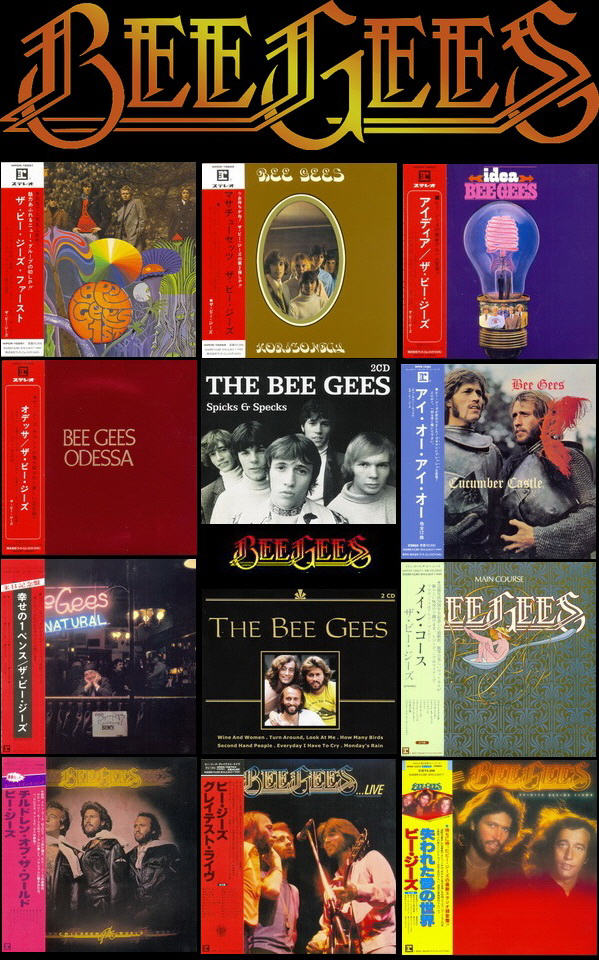
Bee Gees - 10 Albums Mini LP CD Warner Music Japan 2013 / 2 × 2CD Box Sets Compilations 2001/2003
Lossless Galaxy Release Bee Gees 10 Albums Mini LP CD Warner Music Japan 2013 2 x 2CD Box Sets Compilations Performer: Bee Gees Albums: 1967 1st ● 1968 Horizontal ● 1968 Idea ● 1969 Odessa 1970 Cucumber Castle ● 1974 Mr. Natural 1975 Main Course ● 1976 Children Of The World 1977 Here At Last... Bee Gees ...Live 2CD ● 1979 Spirits Having Flown (Mini LP CD Warner Music Japan 2013) ----------- 2001 Spicks "> (2CD Box Set Weton Records) 2003 The Bee Gees (2CD Box Set 'Black Line' Promo
03 10, 2025
Жанры
Lossless Galaxy Release
Русская музыка
--Поп
--Рок
--Панк
--Альтернатива
--Металл
--Рэп, Хип-Хоп, R'n'B
--Джаз и Блюз
--Фолк
--Шансон, Авторская песня
--СССР
Зарубежная музыка
--Pop
--Rock
--Hard Rock
--Progressive & Art-Rock
--Pop-Rock & Soft Rock
--Instrumental Rock
--Heavy, Traditional, Industrial Metal
--Power, Gothic, Sympho Metal
--Thrash, Speed, Groove, Modern Metal
--Death, Melodic Death, Doom, Dark Metal
--Black, Pagan, Folk, Viking Metal
--Alternative
--Punk
--Disco, Eurodance
--Rap, Hip Hop, R'n'B
--Reggae, Ska, Dub
--Jazz, Blues, Soul
--Folk, Country, Ethnic
--Electronic, Ambient, New Wave
--House, Techno, Trance
Другие жанры
--New Age, Relax, Meditative & Flamenco
--Chillout, Lounge, Downtempo, Trip-Hop
--Drum & Bass, Jungle, Breakbeat, IDM
--Classical / Классическая музыка
--Soundtrack
--Музыкальные сказки
Vinyl Rip
HI-Res / DVD-Audio / DTS
--SACD
--DSD
--DVD-Audio
Сборники Lossless-Galaxy
Альбомы 2022
Альбомы 2023
Альбомы 2024
Теги
1st Press 2022 2023 2024 2025 70... AOR Black Metal Blues Blues Rock Bootleg Series Classic Rock Death Metal Discography Exclusive for Lossless-Galaxy Folk Rock Fusion Hard Rock Heavy Metal Hi-Res Japanese Edition Jazz Jazz Rock lossless Melodic Death Metal Melodic Rock Modern Electric Blues Pop Pop Rock Power Metal Prog Rock Progressive Metal Progressive Rock Psych Rock Psychedelic Rock Rock SACD Symphonic Metal Thrash Metal Дискографии от KoGGaN
Архивы
Опрос
В каком формате хотели бы видеть релизы на сайте ?
 Автор: LeddZepp, 30 ноября 2022, Комментариев: 0, Просмотров: 524
Автор: LeddZepp, 30 ноября 2022, Комментариев: 0, Просмотров: 524Black Sabbath - Master Of Reality (1971)
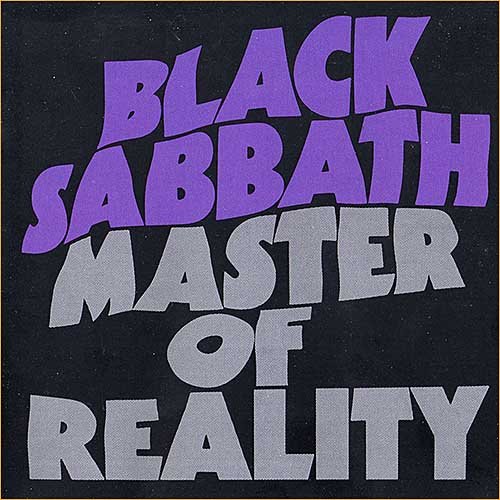
Year: 21 July 1971 (CD May 12, 1987)
Label: Warner Bros. Records (U.S.), 2562-2
Style: Hard Rock, Heavy Metal
Country: Birmingham, England
Time: 34:28
Format: Flac Tracks 16/44,1 kHz
Size: 204 Mb
Charts: UK #5, U.S. #8, AUS #8, CAN #6, FIN #3, GER #5, NL #10, NOR #12, SWE #8. UK: Gold, CAN: Platinum, US: 2x Platinum.
Альбом Black Sabbath "Master of Reality", выпущенный в 1971 году, в американских чартах занял наивысшую позицию среди всех достижений BS за более чем 40-летнюю историю их граммофонной деятельности. Выше его в топ США встал только последний альбом группы – "13", вышедший в 2013-м, но мы же понимаем, что его сделали "лучшим" вовсе не за музыкальные качества.
Альбом Black Sabbath "Master of Reality", записанный и выпущенный в 1971 году, завершает собой тройку шедевров, созданных группой в самом начале ее творческого пути. После этого альбома "Саббаты" перешли на чисто коммерческие рельсы со всеми вытекающими из этого последствиями, так что больше таких шедевров у них не получалось. Это, конечно, не говорит о том, что шедевров потом они не записывали. Просто вот ТАКИХ, глобальных и совершенно уникальных – уже не было.
Есть некоторое объяснение тому, что после этого альбома BS перешли на совершенно иное звучание. Первые три альбома продюсировал один из штатных специалистов Vertigo Роджер Бейн (тот, который впоследствии работал над первыми альбомами Budgie и над альбомом Judas Priest "Rocka Rolla"). Так получается, что именно Бейн и придал музыке первых альбомов группы "живое", "концертное" звучание, потому что когда его уволили после записи "Master of Reality", "Саббаты" заиграли совсем по-другому, и это очень заметно.
Как бы там ни было, а "Master of Reality" знаменит тем, что этот альбом среди всех остальных альбомов группы занимал наивысшую позицию в чартах США – 8-ю. Выше него (до 1-й) в США поднялся только последний альбом группы "13" (2013 г.).
Интересный момент: сегодня уделяется очень много внимания тому факту, что якобы при записи альбома Тони Айомми и Гизер Батлер применили новую технику игры – они ослабили струны на своих гитарах, чего до них не делал ни один музыкант ни одной известной рок-группы. Причины этому назывались разные – от той, что группе нужно было "уплотнить" звучание на концертах - до той, что якобы Тони было тяжело играть своими покалеченными пальцами на жестко натянутых струнах.
(dzen.ru/media/rocka/master-of-reality-1971-g--samyi-uspeshnyi-albom-black-sabbath-po-amerikanskim-standartam-604c10576c861f01075b85cd)
01. Sweet Leaf (05:04)
02. After Forever (05:25)
03. Embryo (00:28)
04. Children Of The Grave (05:17)
05. Orchid (01:31)
06. Lord Of This World (05:26)
07. Solitude (05:02)
08. Into The Void (06:11)



При желании можно посмотреть все мои публикации на сайте. Приятного прослушивания. Жмём и смотрим (Click to see all of my posts)!
Внимание! У Вас нет прав для просмотра скрытого текста.
Похожие новости:
Комментарии отсутствуют
Добавить комментарий!
Информация
Посетители, находящиеся в группе Гости, не могут оставлять комментарии к данной публикации.

